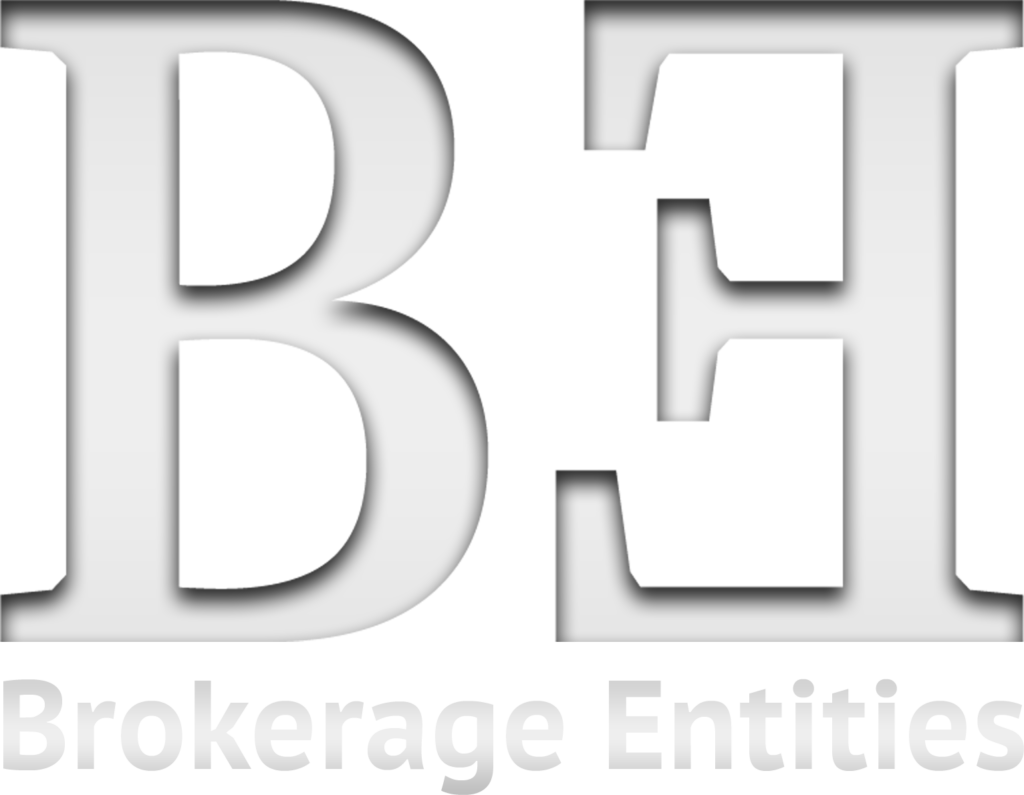Opening statement by ASIC Chair Joe Longo, 23 June 2023.
Check against delivery
I am pleased to have the opportunity to appear before the Committee today. Before I begin my substantive remarks however, I want to say this.
Clearly there are a number of positions which the Chair has taken in Parliament, and that this Committee has taken in its interim report, which are highly critical of ASIC.
As its Chair, I feel duty bound to respond on ASIC’s behalf. I take ASIC’s responsibility to be accountable and transparent very seriously. I am sure you would not expect anything less of me.
With that in mind, I wish to make clear that I reject the interim report’s findings and the statements made in Parliament about ASIC’s insider trading and general enforcement record.
ASIC unquivocally rejects any assertion of obfuscating or obstructing
Taking each in turn, let me first say that ASIC unequivocally rejects any assertion of an intent to obfuscate or obstruct the Committee.
There is absolutely no evidence to support that assertion.
Nor is there any evidence to support the assertion that ASIC attempted to undermine and influence the process of the Inquiry from the outset. ASIC is accountable to Parliament. This Inquiry is an important part of ASIC’s oversight.
ASIC is taking an open, constructive and cooperative approach to this Inquiry. We have provided a detailed submission to the Inquiry which sets out our approach to investigations and enforcement.
This has included how we develop our priorities to target areas we consider to be of greatest regulatory harm, and how we assess reports of potential misconduct and other intelligence sources, to identify matters for investigation and possible enforcement actions.
As the Interim Report itself notes, we have answered 104 out of 109 questions on notice relating to individual matters to assist the Committee. We have not refused to answer questions on these individual matters.
ASIC is a law enforcement agency and we must protect the rule of law
However, ASIC is a law enforcement agency. And as a law enforcement agency, like the AFP, ATO and other agencies, there are limits on what documents we can share. We need to ensure that our current and future work is not adversely impacted through public disclosure of our investigative files, transcripts, and our legal advice.
Information about closed investigations can still prejudice ASIC’s related and future investigations. It can disclose ASIC’s methods and legal advice and also adversely impact people who have assisted ASIC and, of course, unfairly prejudice people who have been the subject of our investigations.
As we have set out in our letters to the Committee, we wish to be open and transparent with the Inquiry. But we need to raise objections to requests for evidence where it is necessary to do so to protect the rule of law and ASIC’s future effectiveness as a law enforcement agency. This is consistent with the longstanding practice of parliamentary committees in Australia.
In the meantime, we are now giving further consideration to the orders made by the Senate and the Committee’s Interim Report.
ASIC has a strong record on insider trading prosecutions
Secondly, in relation to the assertion that if you engage in insider trading in Australia you will get away with it: all the evidence proves this could not be less accurate. It is incorrect.
ASIC has a strong and consistent record of insider trading convictions.
We provided statistics about our insider trading enquiries, investigations and outcomes in response to Questions on Notice. And I once again emphasise them here.
Over the past three years we have commenced 33 insider trading investigations and have laid 29 charges against 9 individuals in relation to this conduct. We have obtained six criminal convictions.
Most recently the former CFO of Bigun has been charged with insider trading.
In March a former director of Tesla Motors Australia was sentenced for insider trading.
And I’m sure many of you will recall the high profile ASIC, DPP and AFP insider trading investigation and prosecution that was featured on ABC’s Australian Story in September 2021 and gained world-wide prominence. In that case, two people were sentenced to jail terms of over 7 years and over 3 years in the Victorian Supreme Court for their roles in Australia’s largest insider trading scheme totalling $7 million.
In case the numbers do not make it clear, let me say it plainly.
Insider trading is an important priority for ASIC. We know it can undermine market integrity and public confidence in our financial markets. It has long been recognised as conduct that can be challenging to detect and pursue. Our insider trading detection technology is both award-winning and world-class.
Deciding whether to prosecute insider trading is a serious matter, which requires us to determine whether there is sufficient evidence to substantiate a criminal legal action. Nor is it our decision alone. Once we refer a brief of evidence to the Commonwealth Director of Public Prosecutions, the CDPP looks independently at the evidence in deciding whether to bring criminal charges.
ASIC’s enforcement record is strong
Thirdly, we entirely reject assertions that ASIC is a weak corporate regulator. On the contrary, we have been, and continue to be, an active and effective litigator.
Over the past three years, we have commenced over 125 criminal actions, resulting in 92 criminal convictions and 39 custodial sentences. Our criminal actions have also resulted in well over $2 million in fines. In the same period, we have commenced close to 200 civil actions, resulting in over 130 successful civil claims and more than $500 million in penalties imposed by the courts.
It would be hard to find a day when ASIC is not in a State or Federal Court somewhere in the country.
I have said before, I’m committed to making ASIC an ambitious and confident regulator.
Enforcement is at the heart of what we do.
Together with the regulatory and supervisory work we do, it supports Australia’s strong financial system and markets.
I’d now like to confirm who I am appearing with today. I’m joined here in Melbourne by Executive Director of Financial Services Enforcement Tim Mullaly and our General Counsel Chris Savundra. Deputy Chair Sarah Court is appearing via video from Adelaide, and Chief Operating Officer Warren Day is appearing from Canberra.
We all look forward to answering the Committee’s questions.

